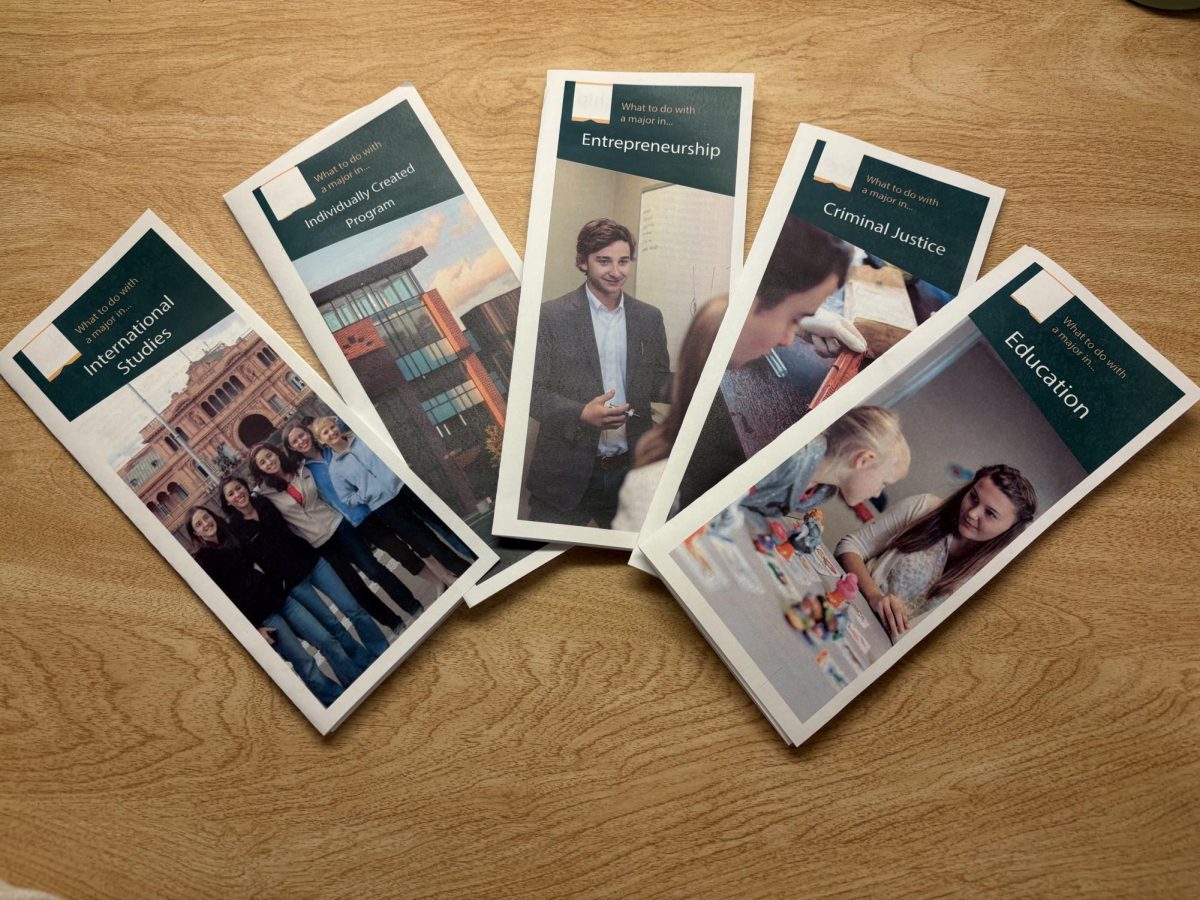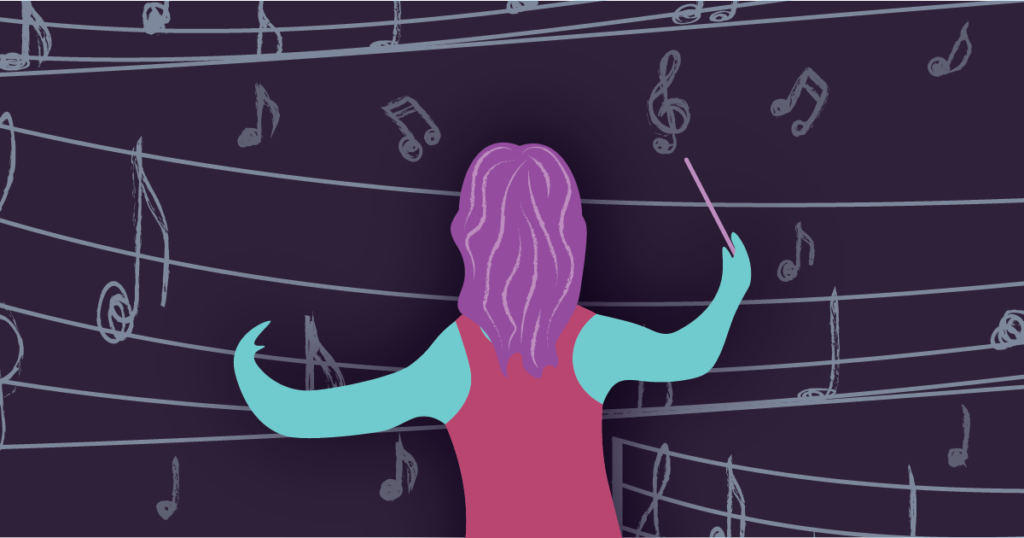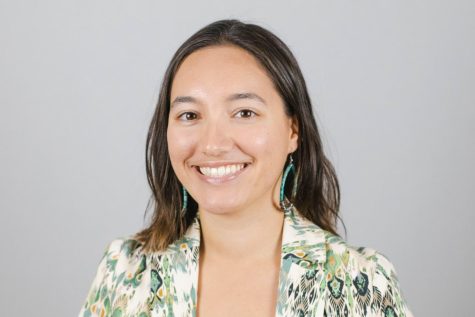Senior secondary music education major Janae Peterson, is one of many women looking to go into the field of music education after graduation and facing an industry dominated by men.
The disproportionate number of male conductors to female conductors is one of the reasons why Peterson wanted to hear the stories of women who have managed to succeed in music education before she enters that industry herself.
Peterson, who is president of the NMU American Choral Directors Association Student Chapter, a professional organization that aims to promote growth in choral music through conferences, live panels, clinics and master classes, reached out to female music professors at NMU and helped the ACDA organize a panel of strong female conductors and educators.
“We partnered with the National Association For Music Education, which basically does the same thing [as ACDA] but it is for all music, not just choral, to bring in female conductors from across the nation,” Peterson said. “With this event, we hope to bring to light some challenges that they face as a female conductor in the music industry and how they personally got over their obstacles and worked through them to get to where they are today.”
The Strong Female Conductors and Educators event will be held on Wednesday, Nov. 11 at 7 p.m. via Zoom. The link for the seminar can be found on the Hub event page where students can also RSVP for the free hour-long session.
The female conductors speaking at the event include Lynda Hasseler, Catherine Rand and Bridget Sweet. Hasseler is a professor of music and the Director of Choral Activities at Capital University in Ohio, Rand is an associate professor of music and Director of Bands at the University of Southern Mississippi and Sweet is an associate professor of music education at the University of Illinois.
Erin Colwitz, associate professor of music, Director of Choirs and faculty advisor for the NMU ACDA Student Chapter, helped bring these three women to NMU and knows that they will provide a positive perspective for students.
“Rand … came to do a clinic at our university and … that was fantastic. Sweet is known for working a lot with changing voices and transgender voices in choir. She has two books on transgender voices,” Colwitz said. “I thought [Hasseler] would be a perfect person to ask because she is very strong, she is very courageous, she is very determined and extremely assertive. She has been doing this for a while and I thought she would be a great person to bring in for our students to hear what she had to say.”
Colwitz hopes seeing how these women have persevered in a male-dominated field will encourage them to continue to pursue their goals.
“I think it is good for them to see any female working in the field. I think to hear what they have to say and to recognize the fact that they are just as smart and just as strong and just as powerful as the male versions of themselves,” Colwitz said. “It is a lot like what people are saying about Kamala Harris, our new vice president-elect, that people can see themselves in her and that is something we haven’t seen a lot of. Traditionally, conductors have always been males so it is really important to see female-identifying people working in the field and being successful.”
Colwitz acknowledges that while her generation may not have very many women in music education, more and more women today are pursuing music degrees. This is another reason why Peterson believes it is important to get the message across that women can, and have, succeeded in this field.
“We have a lot of female secondary instrumental music majors so a lot of female band directors that are currently going through the process of getting their [Bachelor of Music Education] here at Northern. The band scene is primarily dominated by males, so what we wanted to do was branch out and ask current successful female conductors to come in and talk about what we should expect coming into the industry,” Peterson said. “I think half the battle is knowing what you are going to be facing and then being prepared for it mentally and emotionally … to be successful.”
However, it is not just balancing out the numbers of men and women in music education that is important. Colwitz believes that students, especially those who may have been discouraged from certain jobs in the past, should be free to pursue whatever career they feel happiest in.
“I am a feminist through and through and my students know that; I’m not shy about it. It is really important to me to pass on that strength and feeling of empowerment that I gained in graduate school … and that helped me find who I am as a person,” Colwitz said. “My goal with all my students is to help them find who they are maybe a little earlier than I did so they can feel strong and confident as they go out into the workforce and do good things for the world. I just feel like it is really important, on this campus especially, that we channel that and help our female-identifying students and our marginalized students feel like they have a voice.”
To find out more about Hasseler, Rand and Sweet, you can read their biographies and watch their seminar, all through the Hub event page.






























